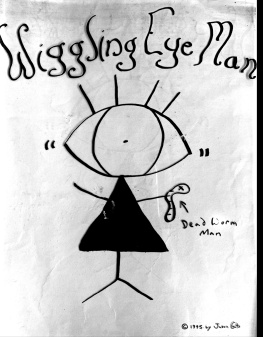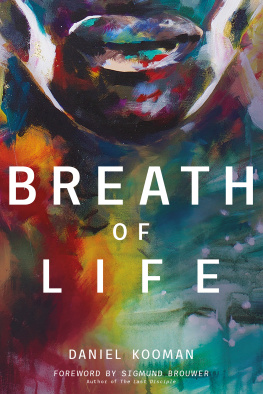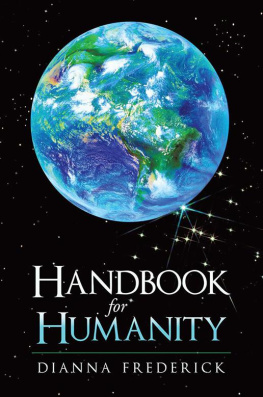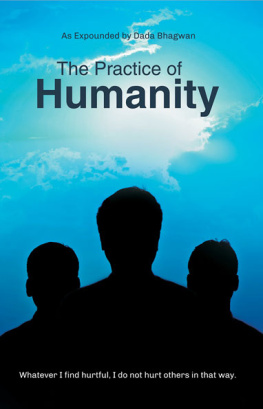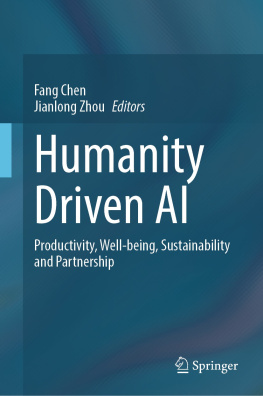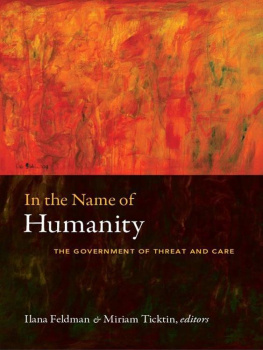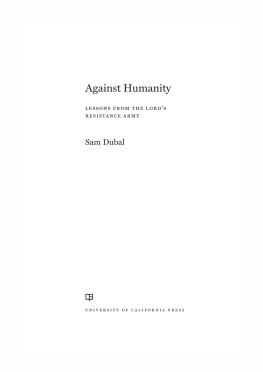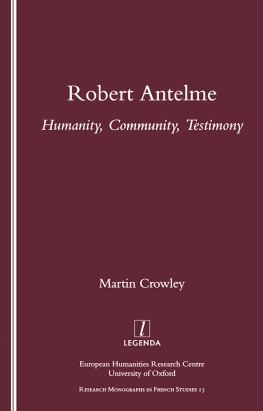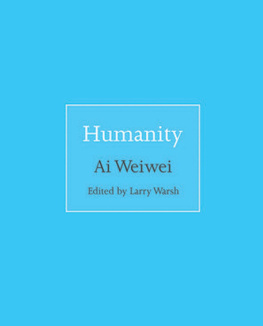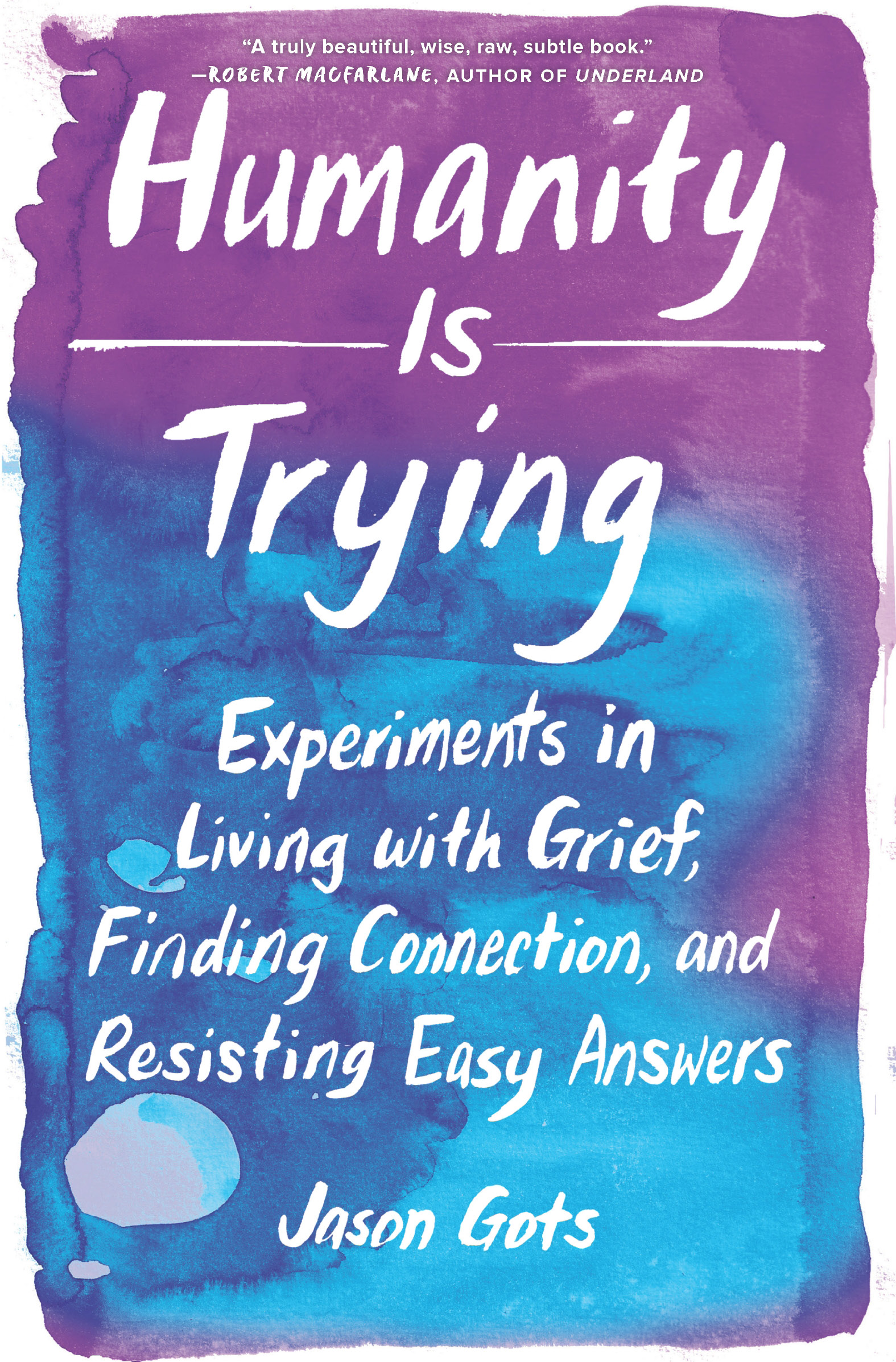
A truly beautiful, wise, raw, subtle book. It glides effortlessly from thoughts about a moment in the authors childhood to vast cosmic questions, and back again. There are many, many dog-eared pages in my copy; moments I wanted to remember and go back to. Like a good memoir, it lets us live Jasons life with him, but does much more than that too; to adapt a phrase of George Eliots, it expands the range the soul has to swim in.
Robert Macfarlane, author of Underland
One part great grief, one part intellectual autobiography, one part spiritual growth, Humanity Is Trying is that best of written strivings: a book the author had to write. Gots brings every ounce of his being to every page, with results that are riveting, edifying, and true.
Gish Jen, author of The Resisters
Jason Gots offers us an intimate look into his life with all the varied roads travelled to self-discovery. Humanity Is Trying is a touching memoir woven through with stories of awkward early love, family relationships, deep abiding friendship and the pain when people are lost along the way.
Sharon Salzberg, author of Lovingkindness and Real Happiness
I read this book in a single sitting and found it in many ways remarkable. It is a book that puts love right at the heart of religion, without any sentimentality. Gots relationship with his sister Meri and his friend John, I felt, were his route to the divine and to kenosis, the emptying of self. Instead of seeking salvation through belief in obscure doctrines and the quest for personal salvation, Gots found what we call the sacred in two remarkable but deeply human beings. In achieving this, I feel he grasped the essence of religious life.
Karem Armstrong, author of A History of God
Humanity Is Trying is a curioan intensely personal memoir shot through with hard-won wisdom (creative, sociopolitical, spiritual) offered in a spirit of complete wonder and humility. A few pages in I asked, Who is the audience for this book? A few pages later I declared, The audience is me. I lost count of the number of times I felt a thrill of recognition in its pages. I was lucky to be interviewed by Jason for a podcast during a highly stressful era of my creative life. Afterward I said to a friend: I felt weirdly disarmed and seen by him. I felt it again reading Jasons wonderful book: disarmed and seen.
Anas Mitchell, creator of Hadestown
Humanity
Is
Trying
Experiments in
Living with Grief,
Finding Connection, and
Resisting Easy Answers
Jason Gots

Jason Gots is a writer and podcaster by way of theater, theology, literature, education, developmental psychology, songwriting, online media, and a couple years spent wandering in more than one desert. Its a long story. He produces and hosts the experimental variety podcast Clever Creature. From 20152020 he produced Think Againa BigThink Podcast. Jason currently teaches narrative podcasting in Columbia Universitys graduate writing program and lives in Astoria, New York, with two people and multiple animals he wouldnt want to live without.
Listen to the books musical soundtrack at jasongots.com.
For John, who wasnt afraid of his dreams.
For Meri, who wasnt afraid of the world.
And for everyone who lives somewhere in between.
Contents
I went to the coast the other day... I went to just, to look at the sea, and look at the sky... And I was standing on the edge of the land... And I realized that, you know its just this piece of land... And on top of this piece of land its just populated by this kind of noise. Humanity, weve built these cities, and we just tell these stories to each other about who we are and what we do...
Its just stories.
And I stood there and I watched the water come in and go out on the land and I thought, This is real.
And everything, the way we structure ourselves, our power structures within our families, the way we fall in loveits just stories that we tell. Its just narrative. And I understand this because Im a teller of stories. I understand how important they are. Im in love with stories, of course.
And I thought: Well, if you want to make a change, you just need to change the narrative.
Kae Tempest on Think Againa Big Think Podcast
Heres How This Book Was Supposed to Begin
Im in the East Asian Reading Room on the tenth floor of NYUs Bobst Library, a building I entered maybe once in four years as an undergrad here almost thirty years ago, and then only to readand then, on impulse, steala single book.
I still have it. Its a slim, business-blue volume about (and containing) William Blakes illustrations to the Book of Job, that strange, more ancient myth that somehow found its way into the Hebrew Bible, where it sits nestled between Esther and Psalms, squatting uneasily alongside much later, less enigmatic material as if hoping nobody will notice.
I can understand why Blake was drawn to this story. Like his own prophetic writings, it radiates symbolic power and defies easy interpretation. Job is a rich, happy shepherd with a wife, kids, and many fat sheep. He is known throughout the land as a God-loving guy whose blessings are the result of his piousness and prayer. This gives Satan an idea.
Pssst, he says to God. Its nice that Job loves you and all...but how do you know hes not playing you for a chump? What if you took away the wife, the kids, and all the fat sheep? What then?
An easy mark, apparently, God takes the bet and Jobs whole world falls to pieces. As Blake draws it, hes left miserably scrabbling around in the dust while one fair-weather friend after another comes by to gloat. What happened to the sheep, Job? Wheres that pretty wife of yours? Guess all the piousness didnt pay off, after all?
Then God shows up inside a whirlwind, which I picture as a more robust version of one of those dust devils I occasionally saw in New Mexico, during grad school, wending their way across the sandy turf between the pion bushes. Job, not surprisingly, is pissed: What the hell, God? I thought we had a deal! This reaction is proof of the Devils hypothesis: Jobs just in it for the goodies. Love? Please. Hes a player, just like the rest of them.
God whirls off somewhere, leaving Job to reflect. There in the dust, Job leaves his rage behind and arrives at something like acceptance. The tears fall hot and thick. God! he cries, I was ungrateful! I took my blessings for granted! Please forgive me! In an act of mercy, God puts Jobs life back together (new wife, new kids, new sheep). And Job lives happily ever after.
It feels right to be writing this book here, overlooking Washington Square Parkmy first home in New York City (I lived in NYUs Hayden Hall on Washington Square East) and the epicenter of my own fat sheep momentthose years when I was first, most fully myself before the fall that is adulthood and all the things after, so many things gained and blighted and shattered and lost until, sitting there in the dust, you breathe it all in and calmly assemble the pieces into something new. Something you think you can live with.
And heres where you have to be careful. Put anything together in any order and it becomes a story. And stories, like songs, get stuck in your head. The insistent melody of narrative plays on repeat until the life it frames starts to fade; the way it felt to be nine years old is swallowed up by a single photograph of yourself at a Burger King birthday party, wearing a bent paper crown. And when this happens, its easy to forget two things: that the story is your own creation, and that no storys ever complete.
Next page
